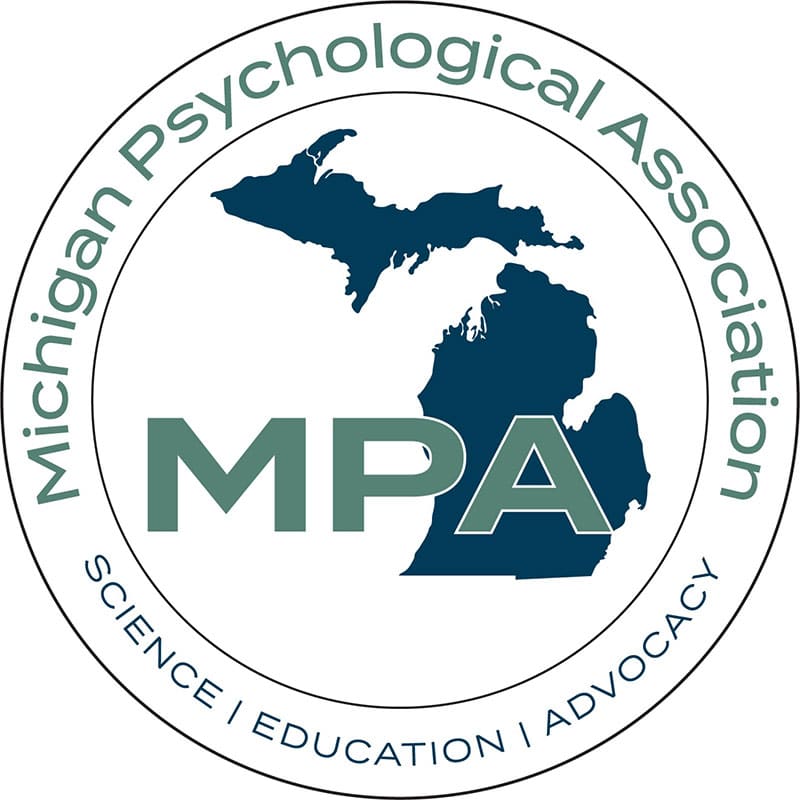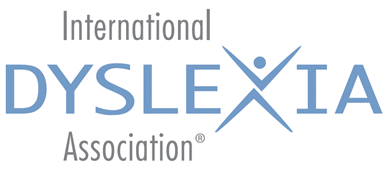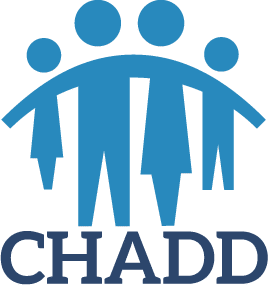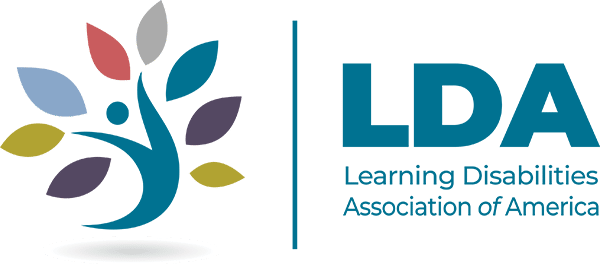Autism Treatment in Barton Hills MI
In Barton Hills, MI, we see autism treatment centering on evidence-based therapies like Applied Behavior Analysis, sensory integration, and social skills training. Local providers such as Barton Hills Autism Services offer tailored programs, with both in-home and center-based options supporting measurable progress. Medicaid and private insurance help families access care, while early evaluation drives improved outcomes. By identifying qualified professionals and tracking data, we maximize each child’s potential. There’s more to discover about therapy choices, funding, and local resources.
Understanding Autism Spectrum Disorder in Barton Hills
While autism spectrum disorder (ASD) affects individuals across the globe, we see unique patterns and challenges right here in Barton Hills. Local data indicates that our community experiences a steady increase in ASD diagnoses, consistent with national trends.
Many families report that children with ASD often struggle with sensory integration, reacting strongly to sounds, textures, or lights that others may not notice. These sensory sensitivities can impact daily routines and participation in community activities.
Additionally, we observe that social skills development is a significant area of concern for many families. Children with ASD may find it difficult to interpret social cues, initiate interactions, or sustain peer relationships.
This can lead to isolation and affect long-term well-being. By understanding these specific challenges—sensory integration difficulties and social skills deficits—we’re better prepared to serve individuals and families, tailoring support that addresses our community’s needs in a meaningful, data-informed way.

Start Your Journey Here
Offering In-Person and Teletherapy Options For You or a Loved One
Overview of Barton Hills Evidence-Based Therapy Options
Given the diverse needs of individuals with autism spectrum disorder in Barton Hills, we rely on evidence-based therapies that have demonstrated effectiveness through rigorous research. Our approach emphasizes targeted interventions designed to foster meaningful growth and independence.
By focusing on strategies supported by data, we guarantee that each method aligns with the best interests of those we serve.
Key evidence-based therapy options include:
- Applied Behavior Analysis (ABA): Teaches adaptive behaviors and reduces challenging ones using reinforcement techniques.
- Sensory Integration Therapy: Addresses sensory processing challenges to improve daily functioning and reduce distress.
- Social Skills Training: Develops essential interpersonal abilities, enabling individuals to form relationships and manage social situations more effectively.
We prioritize therapies with a strong research foundation because they provide the greatest potential for positive outcomes. By analyzing each individual’s unique strengths and areas of need, we’re better equipped to select and implement the most suitable therapy options for lasting impact.
In-Home vs. Center-Based Therapy Approaches in Barton Hills
Although both in-home and center-based autism therapy utilize evidence-based practices, they differ markedly in environment, structure, and opportunities for skill generalization. When we assess home based therapy, we see that it offers the comfort and familiarity of a child’s own environment.
This can facilitate specific skill acquisition that directly translates to daily life. Conversely, center programs provide structured settings with fewer distractions and more controlled peer interaction, often making it easier to measure progress and implement intensive interventions.
Let’s consider some data-driven distinctions:
- Generalization of skills may occur more naturally in home settings, while centers support focused, goal-driven sessions.
- Home based therapy can increase family involvement and allow for real-time coaching.
- Center programs offer access to specialized equipment and consistent routines, beneficial for some learners.
Support Services for Barton Hills Families and Caregivers
While therapy setting plays a significant role in a child’s progress, we also need to examine the thorough support available to families and caregivers. Research shows that parents and caregivers who engage in structured support group activities report reduced stress and improved coping strategies.
Locally in Barton Hills, several organizations facilitate support group sessions, offering a space to share experiences and access evidence-based information. Data from peer-reviewed studies suggest that support groups not only enhance family resilience but also improve long-term outcomes for children with autism.
Another essential resource is respite care, which provides families with temporary relief from their caregiving responsibilities. Access to respite care has been linked to decreased caregiver burnout and greater overall family well-being. By leveraging both support group participation and respite care services, we can better address the multifaceted needs of those supporting children with autism, ultimately leading to more sustainable and effective care environments.
Funding and Insurance Resources for Autism Treatment
Let’s look at the financial aspects of autism treatment by examining Michigan Medicaid coverage options and the steps for private insurance reimbursement.
Data from state programs show that Medicaid can cover a significant portion of therapy costs for eligible families. We’ll also outline the required documentation and approval processes to help guarantee private insurance claims are successful.
Michigan Medicaid Coverage Options
Michigan Medicaid plays a crucial role in expanding access to autism treatment by covering a range of medically necessary services for eligible children and young adults. As we serve families in Barton Hills, it’s essential to recognize that Medicaid coverage supports evidence-based interventions targeting both behavior management and social skills development.
Data from the Michigan Department of Health and Human Services shows increased enrollment in Medicaid-funded autism services, fostering better long-term outcomes.
Eligible participants can benefit from:
- Applied Behavior Analysis (ABA) therapy, focused on individualized behavior management plans
- Speech and occupational therapies that address core deficits in communication and daily living
- Social skills training programs designed to enhance peer interactions and community participation
Private Insurance Reimbursement Steps
Although navigating private insurance reimbursement for autism treatment can seem complex, understanding each step increases the likelihood of successful funding. First, we must confirm our policy’s autism benefits and clarify covered services. Collecting thorough documentation—including diagnostic reports, treatment plans, and provider credentials—ensures insurance claims meet requirements.
Next, submitting claims promptly, ideally through the insurer’s online portal, helps track progress and reduce delays. If the insurer denies a claim, we should review the explanation of benefits (EOB), address any missing information, and file an appeal with supporting documentation.
Regular communication with the insurance representative clarifies questions throughout the reimbursement process. By approaching this systematically, we can maximize reimbursement and serve families more effectively, ultimately increasing access to quality autism care in Barton Hills, MI.
Steps to Begin Your Autism Treatment Journey in Barton Hills
To start the autism treatment process, we need to identify qualified local experts and gather data on their credentials and experience. Next, we schedule initial assessments, as early evaluation is strongly associated with better long-term outcomes.
By following these steps, we can make informed decisions based on evidence and best practices.
Finding Local Specialists
When starting the autism treatment journey in Barton Hills, identifying qualified local professionals is an indispensable first step that directly impacts outcomes. We need to seek experts with proven experience in evidence-based practices, especially those addressing sensor integration and dietary interventions.
Data shows that tailored therapy involving these approaches can considerably improve daily functioning and well-being. As we evaluate potential providers, let’s focus on measurable proficiency and collaborative care models.
Consider these factors:
- Credentials: Verify board certifications and specialized autism training.
- Service range: Ensure offerings include sensor integration therapy and nutritional guidance for dietary interventions.
- Community reputation: Review feedback from families and local organizations to gauge provider effectiveness.
Scheduling Initial Assessments
After identifying qualified experts in Barton Hills, we move forward by scheduling initial assessments—a foundational step for effective autism treatment. Scheduling appointments with specialists guarantees that we gather baseline data about the individual’s strengths and challenges.
During the initial consultation, clinicians conduct standardized evaluations and structured interviews, providing us with measurable insights into communication, social skills, and behavior. This analytical approach allows us to form a data-driven profile, which becomes crucial when developing personalized intervention plans.
By prioritizing thorough assessments at the outset, we set a precedent for evidence-based care. As we coordinate these initial steps, our objective remains clear: to facilitate early and accurate identification, laying the groundwork for meaningful support. Prompt and organized scheduling appointments streamlines the path toward impactful autism services.
As we steer autism treatment in Barton Hills, evidence shows early intervention and personalized therapy plans make a measurable difference.
By comparing in-home and center-based options, evaluating local providers, and leveraging support services, we can optimize outcomes.
Funding resources and insurance assistance further expand access. Let’s approach this journey analytically, using data and expert guidance to guarantee every individual with autism in our community receives the most effective, compassionate care possible.
Experienced and Highly Qualified Psychotherapy and Psychological Testing Services







